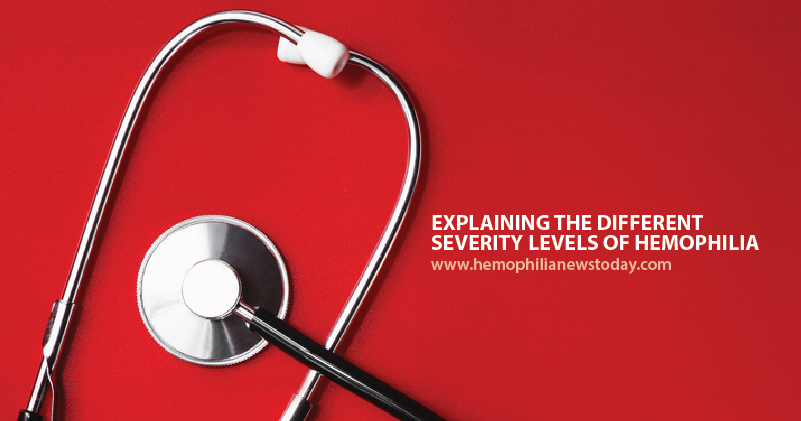Explaining the Different Severity Levels of Hemophilia

Hemophilia is a genetic disorder that affects your blood’s ability to clot. Hemophilia sufferers lack a clotting factor, meaning they have an increased risk of bruising and bleeding, both externally and internally around joints and in the brain.
MORE: Learn more about hemophilia treatment options.
There are three levels of severity to measure hemophilia.
Mild
Someone who has mild hemophilia has a clotting factor of between 5 percent and 40 percent. People with mild hemophilia are generally only likely to have a bleed after some kind of trauma, such as surgery or a severe injury. Approximately 25 percent of hemophilia patients have the mild form of the disease.
Moderate
A moderate hemophilia patient will have between 1 percent and 5 percent of clotting factor in their blood. While they tend to bleed infrequently, a prolonged bleed can occur after major surgery, injury or dental treatment. Although rare, patients with moderate hemophilia can also suffer from spontaneous bleeds. About 15 percent of hemophilia sufferers have the moderate form of the disease.
Severe
Someone with severe hemophilia will have less than 1 percent of clotting factor in their blood, and will suffer from frequent bleeds — once or twice a week — and spontaneous bleeding can occur in the muscles and joints. Severe hemophilia patients can suffer from prolonged bleeding after surgery or injury, but bleeding can also happen spontaneously.
MORE: Explaining the symptoms of hemophilia
Hemophilia News Today is strictly a news and information website about the disease. It does not provide medical advice, diagnosis, or treatment. This content is not intended to be a substitute for professional medical advice, diagnosis, or treatment. Always seek the advice of your physician or other qualified health provider with any questions you may have regarding a medical condition. Never disregard professional medical advice or delay in seeking it because of something you have read on this website.






